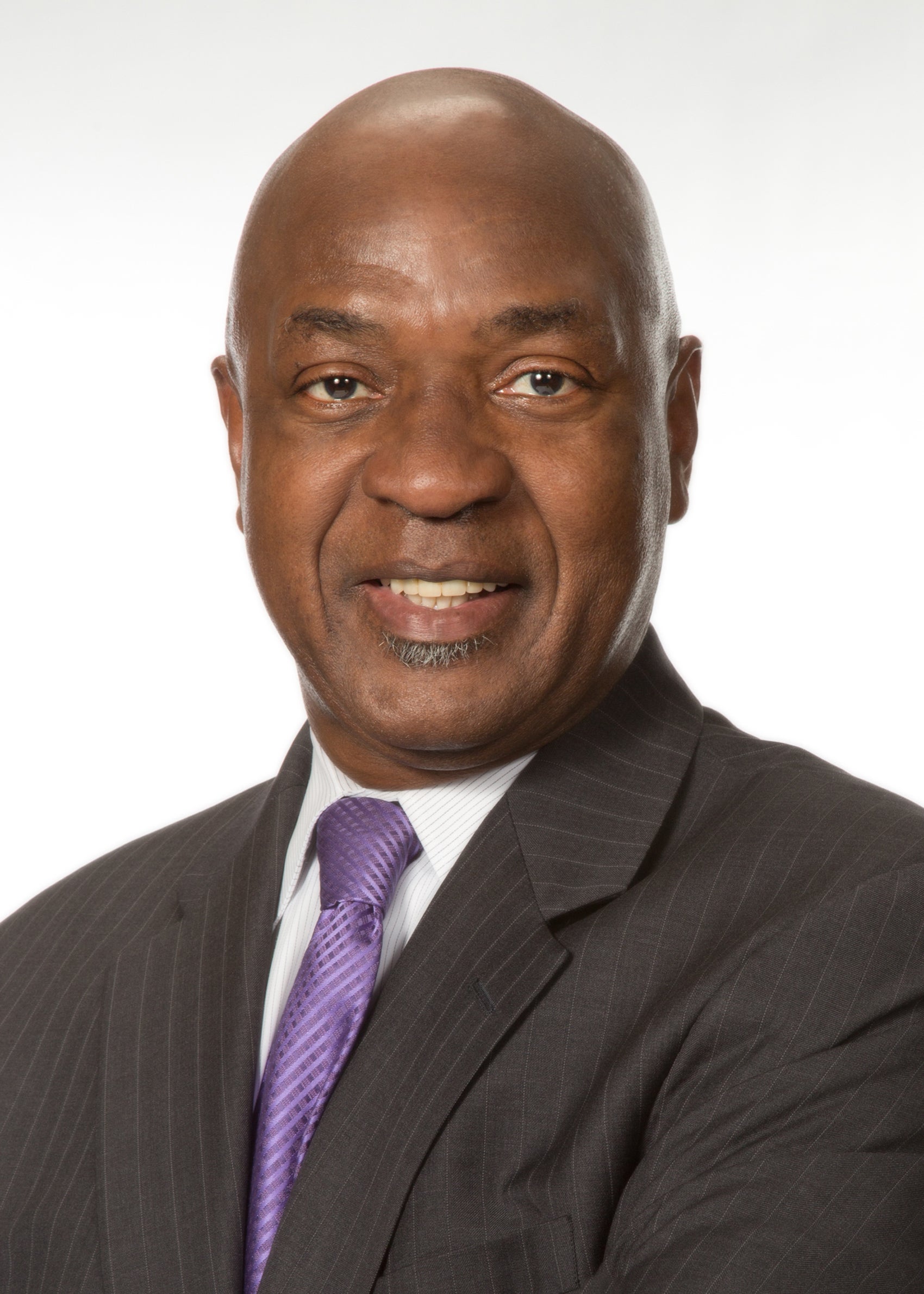HLS Professor Charles J. Ogletree Jr. co-wrote an op-ed, “After Shirley Sherrod, we all need to slow down and listen,” with Johanna Wald (right), that appeared in the July 25, 2010, edition of the Washington Post. Ogletree is the executive director of the Charles Hamilton Houston Institute for Race and Justice and the author most recently of “The Presumptions of Guilt: The Arrest of Henry Louis Gates, Jr. and Race, Class, and Crime in America.” Johanna Wald is director of strategic planning at the Charles Hamilton Houston Institute for Race and Justice.
President Obama has called and chatted with Shirley Sherrod. Tom Vilsack and Ben Jealous have issued heartfelt apologies. There is talk of a “Chardonnay summit” in the Rose Garden. The subtext to all this? Let’s wrap up this incident quickly so we can all go on our vacations guilt-free, secure in the knowledge that our “post-racial society” remains intact.
Once again, in the midst of the cacophony, calls abound for a national “dialogue” on race. Yet our nation cannot muster the patience or stamina to sustain such a discussion beyond a single news cycle. In some ways, Sherrod’s tale is a metaphor for this country’s aborted efforts to address race. In its entirety, her deeply moving story was about transformation and reconciliation between blacks and whites. It contained the seeds of progress and healing. She spoke of blacks and whites working together to save farms and to end poverty and suffering. But Sherrod, and those listening to her story, could get to her hopeful conclusion only by first wading through painful admissions of racial bias and struggle.
